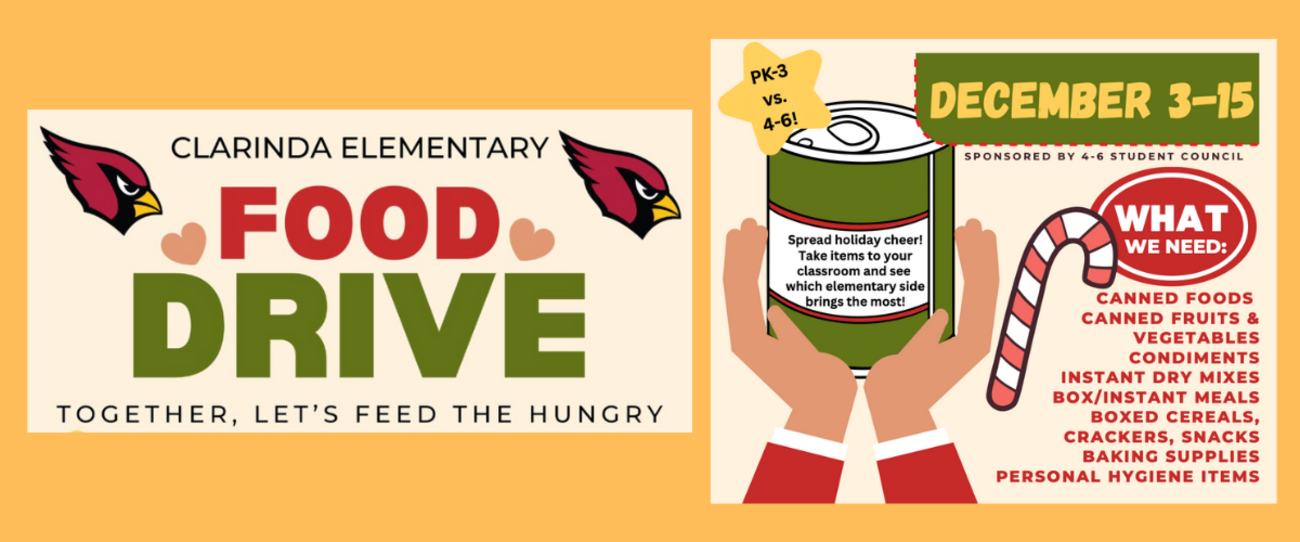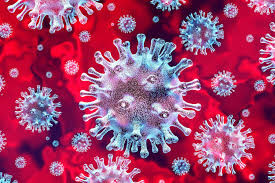COVID-19 Information
Dear Cardinal Families,
Schools and the coronavirus:
The headlines in the media on the coronavirus, also known as COVID-19, have certainly gotten everyone’s attention. Though there are no known cases in Iowa at this juncture, it’s important to be prepared – much like schools prepare for any respiratory illness such as the flu.
In fact, the Center for Disease Control and Prevention (CDC) recommends that the same precautions used against the flu should be implemented to stem the potential spread of COVID-19.
Here’s a list of precautions:
Encourage students, parents and staff to take everyday preventive actions to stop the spread of germs.
- Encourage students and staff to stay home when sick.
- Teach students, parents and staff the importance of staying home when sick until at least 24 hours after they no longer have a fever or signs of a fever (chills, feeling very warm, flushed appearance or sweating) without the use of fever-reducing medicine.
- Review school policies and consider revising those that make it difficult for students and staff to stay home when sick or when caring for others who are sick.
- Encourage respiratory etiquette among students and staff through education.
- Teach students and staff to cover coughs and sneezes with a tissue or their bent arm.
- Provide adequate supplies within easy reach, including tissues and no-touch trash cans.
- Encourage hand hygiene among students and staff through education, scheduled time for handwashing and the provision of supplies.
- Teach students and staff to wash hands often with soap and water for 20 seconds, dry hands with a paper towel and use the paper towel to turn off the faucet. If soap and water are not available and hands are not visibly dirty, an alcohol-based hand sanitizer containing at least 60 percent alcohol may be used.
- Encourage students and staff to keep their hands away from their nose, mouth and eyes.
- Encourage routine surface cleaning.
- Routinely clean surfaces and objects that are touched often, such as desks, countertops, doorknobs, computer keyboards, hands-on learning items, faucet handles and phones.
- Provide adequate supplies, such as general EPA-registered cleaning products, gloves, disinfecting wipes and no-touch trashcans.
Educate students, parents and staff on what to do if someone gets sick.
- Teach students, parents and staff the signs and symptoms of respiratory illness.
- Separate sick students and staff from others until they can be picked up to go home. When feasible, identify a “sick room” through which others do not regularly pass. The sick room should be separated from areas used by well students for routine health activities, such as picking up medications. Sick room staff should be limited in number and should not be at high risk for severe illness if they get sick.
Establish relationships with state and local public health officials for ongoing communication.
- Follow your local flu situation through close communication with state and local health officials.
- Update emergency plans so that they are in place before an outbreak occurs.
K-12 administrators are encouraged to review a guidance document to ensure their plans are up to date and ready to be enforced. There’s also a recording of the March 2 webinar for school administrators and nurses.
For teachers and parents, there is advice for talking to children about COVID-19.
To keep up to date on COVID-19, go to the Iowa Department of Public Health’s website, which is updated Mondays, Wednesdays and Fridays.
Thank you for your diligence in prevention.
Take care,
Chris









 Launch the media gallery 1 player - media #1
Launch the media gallery 1 player - media #1